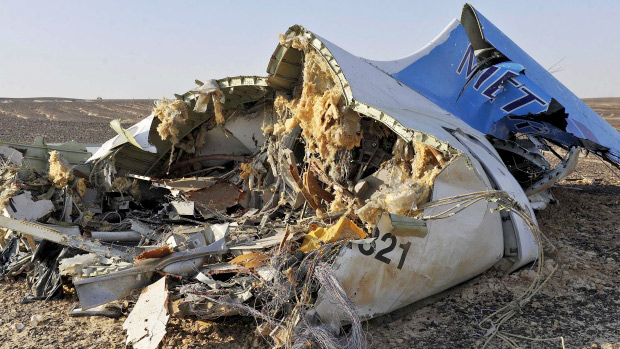Here's another step towards the Chinese currency becoming a globally important one. Everyone sort of expected this, but for the Chinese, it's a major achievement nonetheless. While the inclusion of the yuan in the basket of currencies the IMF uses as reference will not result in a massive surge in RMB holdings there, the symbolism matters quite a lot. As in, China becomes the first developing country to have its currency included in the SDR. From the IMF blurb:
The Executive Board of the International Monetary Fund (IMF) today completed the regular five-yearly review of the basket of currencies that make up the Special Drawing Right (SDR). A key focus of the Board review was whether the Chinese renminbi (RMB) met the existing criteria to be included in the basket. The Board today decided that the RMB met all existing criteria and, effective October 1, 2016 the RMB is determined to be a freely usable currency and will be included in the SDR basket as a fifth currency, along with the U.S. dollar, the euro, the Japanese yen and the British pound. Launching the new SDR basket on October 1, 2016 will provide sufficient lead time for the Fund, its members and other SDR users to adjust to these changes.What weight will the yuan have in the SDR basket? Bloomberg suggests a bit over 10%. It may not sound like a lot, but it will immediately leapfrog the yen and the pound:
At the conclusion of the meeting, Ms. Christine Lagarde, Managing Director of the IMF, stated: “The Executive Board's decision to include the RMB in the SDR basket is an important milestone in the integration of the Chinese economy into the global financial system. It is also a recognition of the progress that the Chinese authorities have made in the past years in reforming China’s monetary and financial systems. The continuation and deepening of these efforts will bring about a more robust international monetary and financial system, which in turn will support the growth and stability of China and the global economy.”
The value of the SDR will be based on a weighted average of the values of the basket of currencies comprising the U.S. dollar, euro, the Chinese renminbi, Japanese yen, and British pound. The inclusion of the RMB will enhance the attractiveness of the SDR by diversifying the basket and making it more representative of the world’s major currencies. The SDR interest rate will continue to be determined as a weighted average of the interest rates on short-term financial instruments in the markets of the currencies in the SDR basket. Authorities of all currencies represented in the SDR basket, which now includes the Chinese authorities, are expected to maintain a policy framework that facilitates operations for the IMF, its membership and other SDR users in their currencies. The paper presented to the Board will be released soon.
The addition will take effect Oct. 1, 2016, the IMF said. The fund said the yuan would have a 10.92 percent weighting in the basket. Weightings will be 41.73 percent for the dollar, 30.93 percent for the euro, 8.33 percent for the yen and 8.09 percent for the British pound. The dollar currently accounts for 41.9 percent of the basket, while the euro accounts for 37.4 percent, the pound 11.3 percent and the yen 9.4 percent.There is talk that China has been cautious about devaluing its yuan again after the tumult caused by events in August so that its currency could achieve this very event of SDR inclusion. With that out of the way, I hope PRC authorities avoid any sudden moves.


















